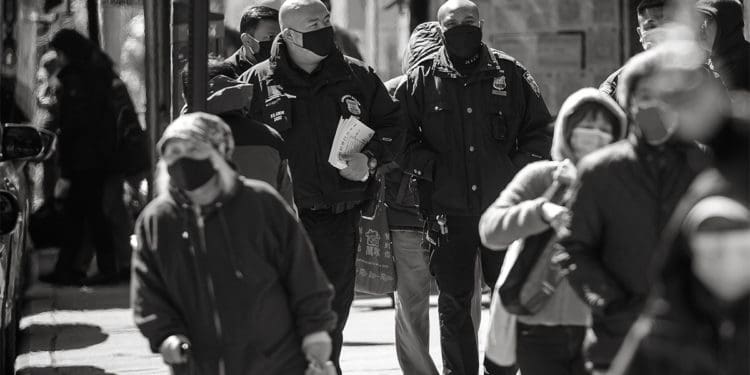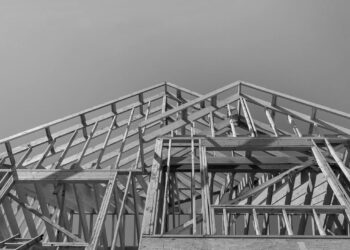America’s urban leaders seem to prepare for the post-pandemic future with delusions that everything will go back to the way before the COVID-19 pandemic set in. Nothing can be more dangerous to the prospects for cities; the pandemic and recent rise in crime have created a vastly different prospect for cities, necessitating serious reconfiguration.
Typical of the new urban hype was a recent Bloomberg report, which proudly declared “Why We Don’t Believe the Big City Obituary” and proceeded to share statistics of a national survey of 1,200 residents of the nation’s six largest metropolitan areas — New York, Los Angeles, Chicago, Houston, Phoenix, and Philadelphia — about their attitudes during the COVID-19 pandemic. The report made numerous strong conclusions in support of city life, including that the bulk of residents in big cities “say they want to live in the type of community in which they currently reside.”
Of course, this report made no mention of the movements within urban areas before COVID-19, where the population was already leaving core cities for suburbs and exurbs. Indeed, well over four-fifths of all job and population growth over the past decade took place in suburbs. And since the pandemic gripped the nation, there’s been accelerating movement of city residents to suburbs — Manhattan and San Francisco rents are falling, but those in the periphery have been rising.
Indeed, the cities that have recovered fastest from COVID-19 — Denver, Charlotte, Nashville, and Dallas — are themselves overwhelmingly suburban. This fits well with the latest reading from a new Los Angeles Times/Reality Check Insights national poll, which was taken after the November 2020 in the midst of the COVID-19 pandemic.
This national sample presents a slightly different, less rosy picture. In fact, when residents of big cities were asked about the ideal setting of their next home, a majority of big city dwellers said something other than their current situation. Just 44 percent would pick a big city once again, with significant numbers preferring a small city (9 percent), rural areas and towns (17 percent), or the suburbs (25 percent). Small cities did not fare much better either; only 38 percent of small city dwellers claim that their ideal location is another small city.
Moreover, those most willing to leave are precisely those who cities need to stay. Only 35 percent of those with incomes over $100K would ideally remain in a big city, compared to 44 percent of those with incomes under $50K and 54 percent for those between $50K and $100K.
The survey also directly asks respondents whether they would move away from their current community if they could, and Americans who live in big cities are the most likely to strongly state that they want to leave for somewhere else. Thirty-two percent of big city dwellers state that they would definitely move away from big cities if they could; this is notably greater than the quarter of those who live in suburbs of big cities and small cities who feel the same way, as well as under a fifth of all residents in suburbs of small cities (17 percent), rural areas (18 percent), and small towns (17 percent).
Perhaps surprisingly, younger Americans are notably more interested in leaving big cities if they could. While 22 percent of Boomers state that they definitely would move elsewhere, more than a third of Gen Xers (36 percent) and Millennials (37 percent) definitely would leave big cities if they could. This lends credence to many other reports which have found that younger Americans are happy in areas outside big cities but may be anchored to them for career opportunities.
Finally, relationship status — where one is married, single, or living with a partner — has no real impact on leaving, as about a third of each group state that they would definitely leave the big city. But having children makes a big difference; having children under the age of 18 makes one twice as likely to claim that one would definitely leave a big city if one could do so.
Rather than act as if nothing has changed, city leaders need to adjust to a new reality, where more people will choose to live not simply for employment but also for personal preferences. This should make them re-think pushing high-density housing and instead place more emphasis on things that might persuade them to stay like safe streets, strong neighborhoods, safer alternatives to transit, and better schools.
As Frank Lloyd Wright observed, people make a city — and the city exists wherever they choose to live. It’s their choice, and city leaders should make it an easier one.









